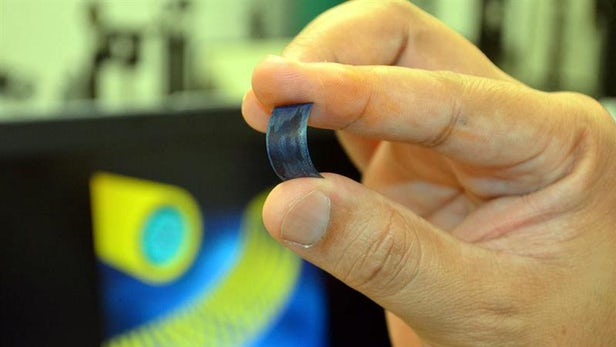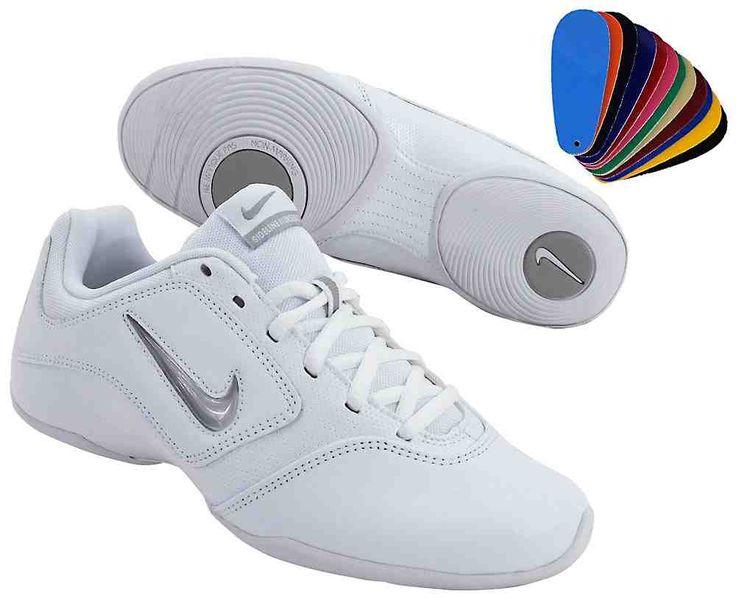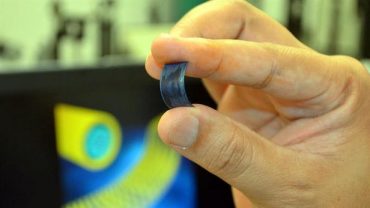Scientists at Queen’s University Belfast have developed an organic and flexible alternative to the stiff batteries that fuel-up clinical implants. Presently, tools such as defibrillators and pacemakers are integrated with metal-based and rigid batteries that can cause discomfort to patient.
A team of young scientists and Dr Geetha Srinivasan from QUILL (Queen’s University Ionic Liquid Laboratories) Research Centre, have now designed a supple supercapacitor with a larger cycle life that might fuel body sensors.

Flexible device
The flexible tool is formed up of organic composites and non-flammable electrolytes, which are legitimate to the human body. It can also be effortlessly decomposed without acquiring the bulk price related with disposing off or recycling metal-based and rigid batteries.
The discovery, which has been posted in Energy Technology and Green Chemistry, showcase that the gadgets might be produced employing readily obtainable natural feedstock, instead of expensive and sophisticated semiconductors or metals.
Dr Srinivasan clarifies, “In today’s society, we all more and more rely on portable electronics such as laptops and smartphones in our daily lives and this drift has spread to other significant segments such as healthcare tools. In medical gadgets such as defibrillators and pacemakers there are 2 implants, one which is equipped in the heart and another that grips the rigid and metal based batteries. All this is implanted below the skin.”
Dr Srinivasan further adds, “The implant below the skin is connected to the gadget and can cause discomfort to patients since it is rubs against the skin. For this cause, batteries require being well-matched to the human body and preferably we might like them to be supple so that they can become accustomed to shapes of the body. Here (at Queen’s University Belfast) we have developed a supple energy storing tool, which has of conducting polymer. This polymer includes ionic liquids as safer electrolytes and biopolymer composites as durable electrodes.
“The tool we have developed is non-flammable, has an enduring life-cycle, is more elastic for positioning inside the body, and has no leakage problems.”
Environment friendly
While the discovery showcases that there are number of advantages in the clinical world, the organic storing device might also offer solutions in portable electronic and wearable electronics devices, making these suppler.
PhD researcher on the project at Queen’s University Belfast, Ms Marta Lorenzo, commented, “Even though this study might be a probable solution to a worldwide problem, the actual assembly of supercapacitor is a simple process.”














